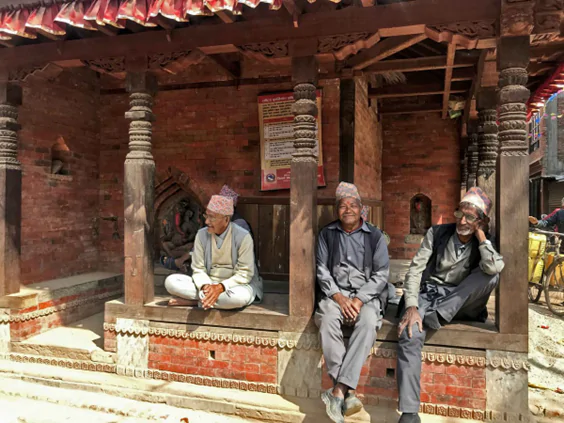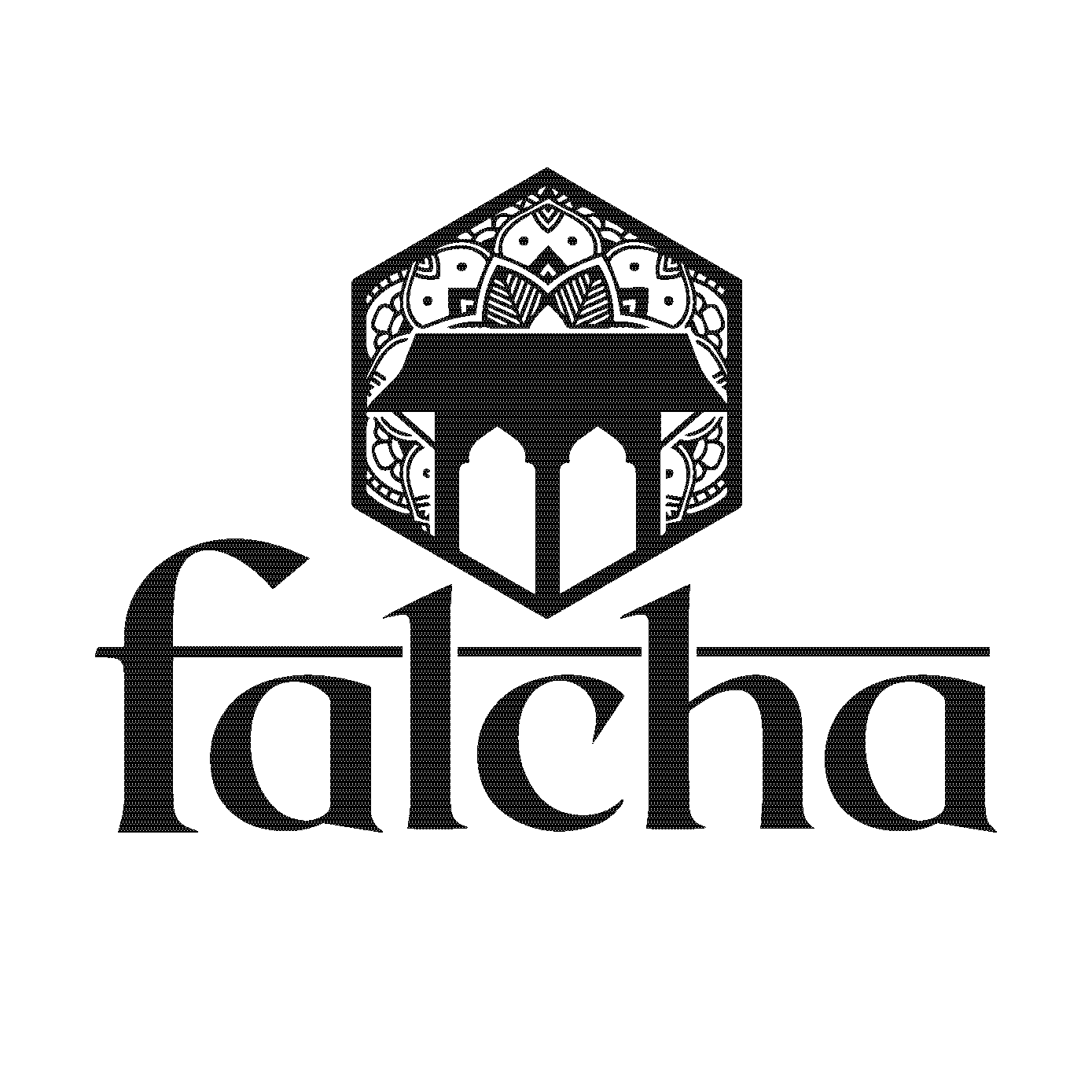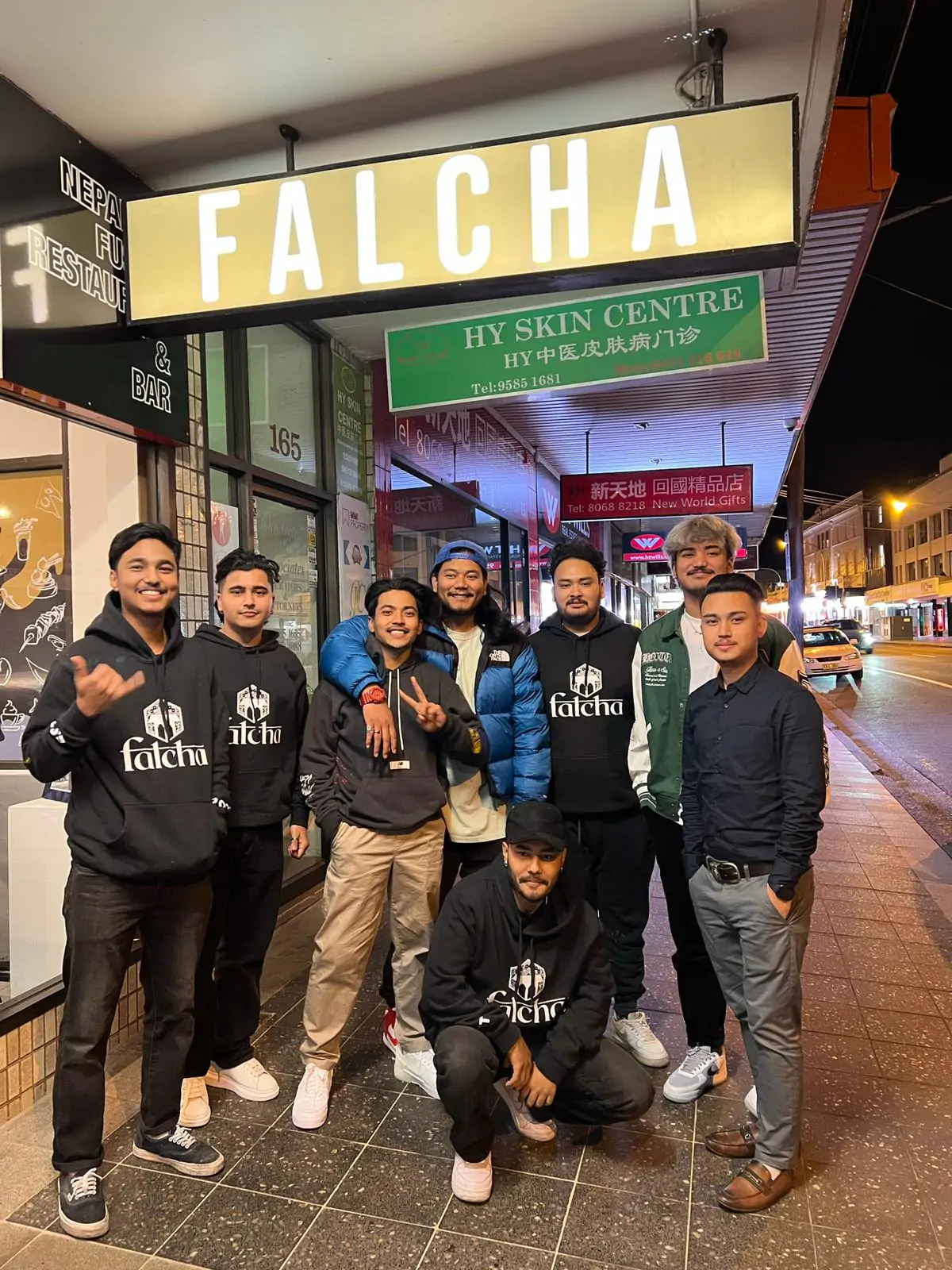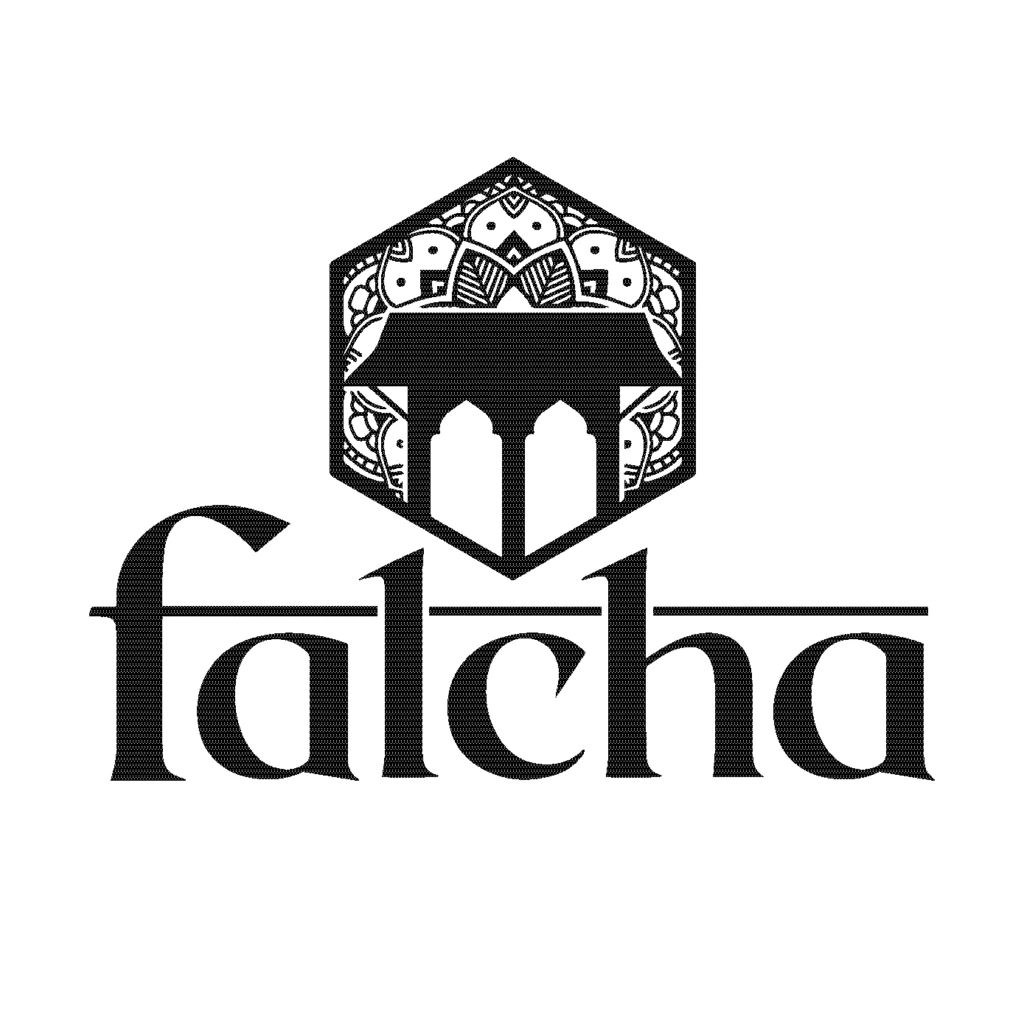
In Newari, “FALCHA” refers to customary resting area that also functions as a location for gatherings, events, and celebrations. In historic Newar cities, falcha are frequently seen. In the Basantapur Durbar Square, Kasthamandap is one of the most well-known falchas. Like the chautara located in the mountainous region, the common concept behind a falcha is to provide a resting place for the weary. In essence, they serve as rest areas. Falchas offered accommodation services to the pilgrims during a time when guest rooms or hotels were unheard of, and they did it for free. Perhaps this explains why falchas are typically located close to a water source, such as a dhungedhara or sundhara, where guests can easily acquire water. However, its use and significance go beyond the community of Newari’s noble civility. In any society, culture, community, tradition, and religion are profoundly ingrained and intertwined; it would be nearly difficult for one to exist without the other. The epitome of that lovely, ethereal combination is Falcha.





